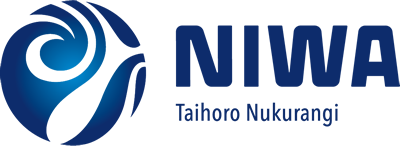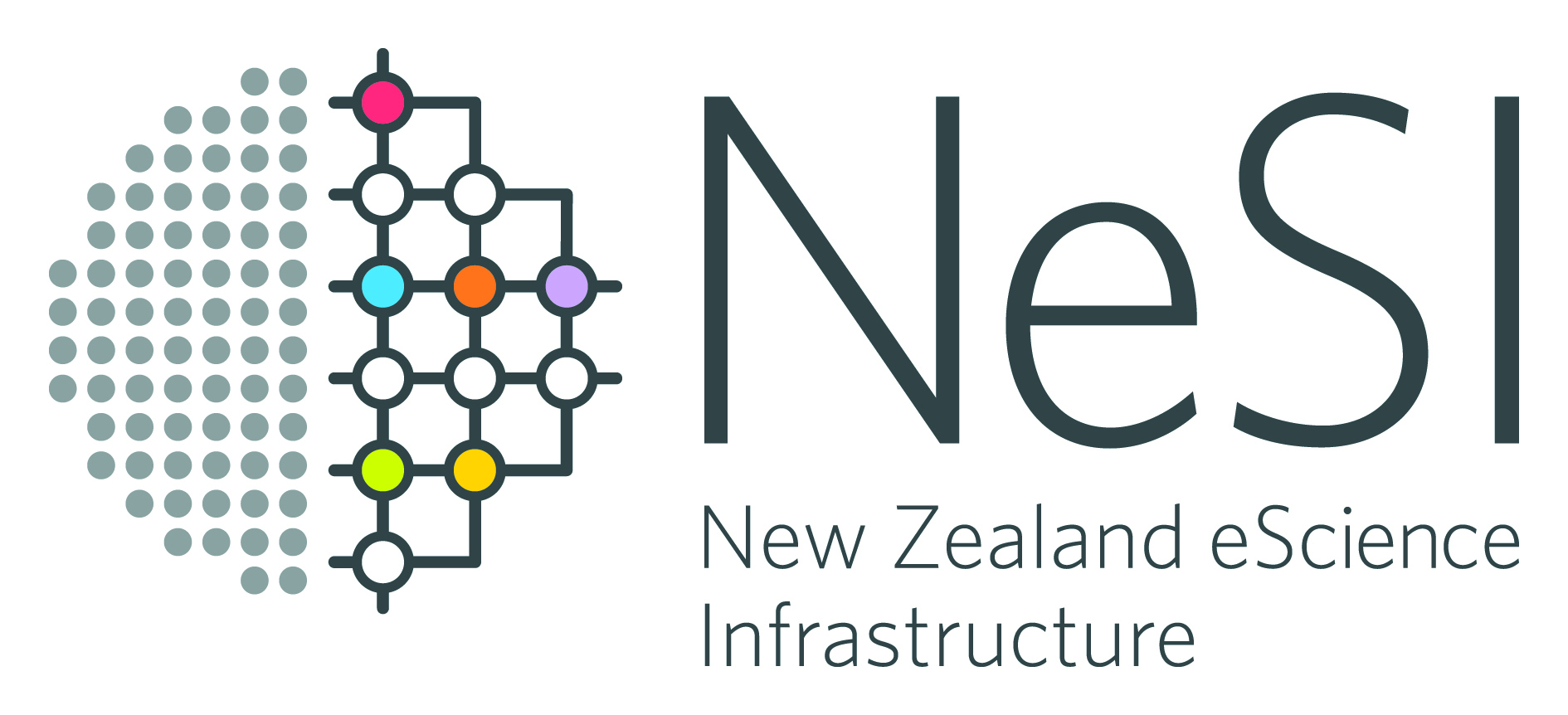Venue
ResBazWelli will be held at Victoria University of Wellington's Te Aro campus.
Sessions
Below is a list of sessions offered at ResBaz (click on each title to see a fuller description, and any prerequisites and/or resources required to participate).
Suitable for: All researchers looking to increase reach and reception of their work.
Get to grips with the creative and surprising world of online collaboration. Make and remix zines, and see the potential for limitless artistic creation that the 'open source' methodology provides. All using tools no more complicated than scissors, rubber stamps and a photocopier.
Most suitable for: Researchers who have a basic understanding of the Linux shell, and familiarity with a research programme or language such as R, Python or Matlab.
Election forecasting is a risky business - and seems to have got more and more so in recent years. Richard will present the reasons why polls (and national referenda) can be so problematic - and why their reputation has taken such a battering. He'll also talk about his experiences as Television New Zealand's on-screen election night statistician during our four most recent General Elections.
See Geoff and Raqi discuss VR
Max Nichol recently completed a project researching the history of our student magazine, Salient. He will discuss the value of digitised sources and database construction for historical research.
This year the Library has been exploring the Digital Humanities by forming our first dedicated staff DH group, upskilling the team, exploring tools and data and conducting a research project focused on New Zealand 19th Century Novels. This session will give an overview of the tools and methods used so far.
Schedule
THURS JULY 4th
FRI JULY 5 th
Key Speakers and Facilitators
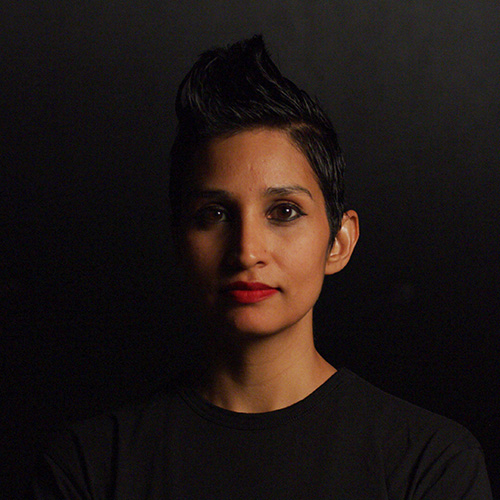
Raqi Syed Raqi's research is primarily focused on the relationship between digital technology and narrativity. She began her career at Disney Feature Animation and went on to work as a Senior Technical Director with Weta Digital on films such as Avatar, The Planet of the Apes, and The Hobbit. Now a Senior Lecturer at Victoria University's School of Design, her experience as a Visual Effects Artist informs her critical writing about cinema and how new technologies continue to shape our contemporary understanding of storytelling. Raqi's research pivots around the idea that new mediums like virtual reality must draw upon and extend the tradition of established media such as literature, theater, and film. Recently, The Los Angeles Times pegged Raqi for its list of 100 Industry professionals who can help fix Hollywood’s Diversity Problem. |

Geoffrey Batchen A master of synthesising complex information into compelling and convincing narratives, Geoffrey Batchen is acknowleged as one of the world's leading experts on the history of photography. He is particularly interested in the way that photography mediates every other aspect of modern life, whether we're talking about sex or war, atoms or planets, commerce or art. Batchen has published extensively, in twenty languages to date. He is the author of key texts such as Burning with Desire: The Conception of Photography (1997, with subsequent translations into Spanish, Korean, Japanese, Slovenian and Chinese); Each Wild Idea: Writing, Photography, History (2001 and in Chinese); Forget Me Not: Photography and Remembrance (2004); Emanations: The Art of Cameraless Photography (2016); and Apparitions: Photography and Dissemination (2018). Next year, Geoff will be taking up the Professorship of the History of Art at Oxford. |
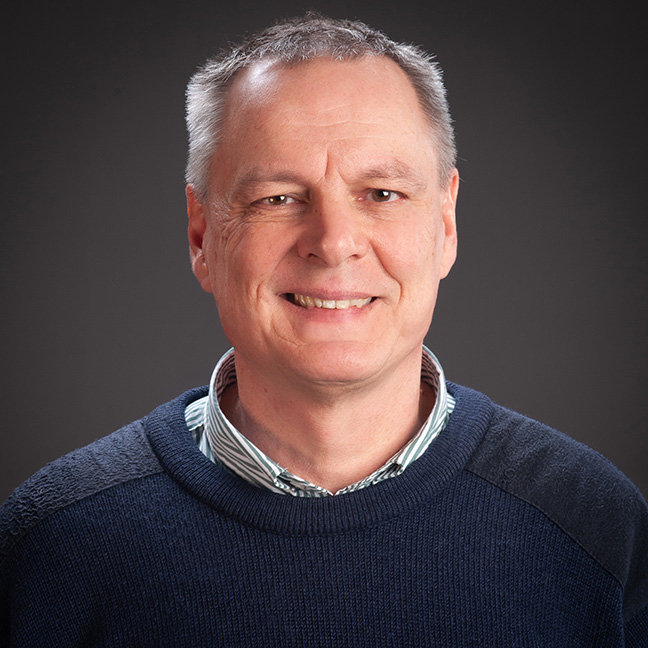
Richard Arnold Richard Arnold is an Associate Professor in the School of Mathematics and Statistics at Victoria University. Richard started out as an astronomer, studying the structure of galaxies and the orbits of stars within them. He moved into statistics in 1995 and developed interests in a wide range of statistical applications, including some in his original subject of physics. His research interests span Reliability Theory, Directional Statistics, Statistics in Geophysics, Cluster Analysis, and fisheries research. He's worked in institutes in Cambridge and London in the UK, Leiden in the Netherlands and Statistics New Zealand in Wellington. Richard enjoys working on applied data analysis problems, especially where a novel approach is required to analyse the data correctly. |
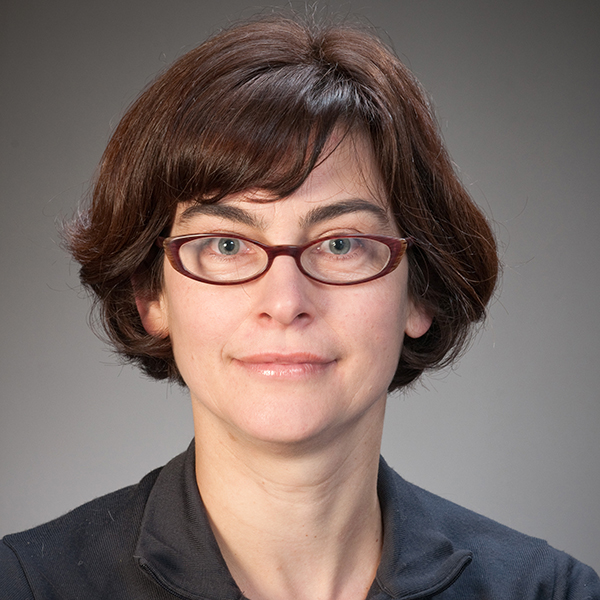
Melanie McConnell Melanie received a PhD in biochemistry from the University of Otago, where she developed a life-long interest in cancer cell biology. After a postdoctoral fellowship in the Ruttenberg Cancer Center at Mount Sinai School of Medicine in New York, she joined the faculty of the Division of Medicine at Mount Sinai, in the Department of Hematology and Oncology. On her return to New Zealand, Melanie established the Cell Survival Research Group at the Malaghan Institute. In 2013 she took up a position at the School of Biological Sciences at Victoria University, where she continues to study how cancer cells survive stress, and explore how this knowledge can be applied to the development of more effective cancer therapies. |
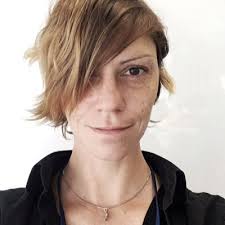
aimee whitcroft aimee is a passionate advocate of open data, open government principles and practices, civic technology, and open source innovation. She's worked for some of New Zealand's most respected scientific, government and non-profit organisations, and is founder of web agency Syntropics and co-founder of design consultancy GovWorks NZ. Before working in service design and web, aimee studied Molecular Biology and Business Science; she has worked for top international marketing, management, strategy and market research consultancies and helped organise outreach and education initiatives such as GovHack and Startup Weekend. A sampling of her many fascinating projects can be found at medium.com/quicksand. |
Sam Muirhead Sam is an animator and activist working to spread the collaborative, transparent, and ethical ideas of the Free/Libre Open Source movement into wider society – with a particular focus on the arts. In 2018/19 Sam has worked with Creative Commons as a Ford-Mozilla Open Web Fellow, developing adaptable open source approaches to visual storytelling for activism. In 2012 he lived an experimental Year of Open Source, applying the concept to every aspect of his life, from furniture, to music, to clothing. Since then he's helped kickstart a global network around the idea of an Open Source Circular Economy, made Free Culture videos and animations, about Open Everything, using Free Software. Since 2016 he's been developing a practice for co-creating and customizing open source animation, and running workshops that give non-coders an experience of open source collaboration, without using digital tools: Cut, Copy & Paste. |

